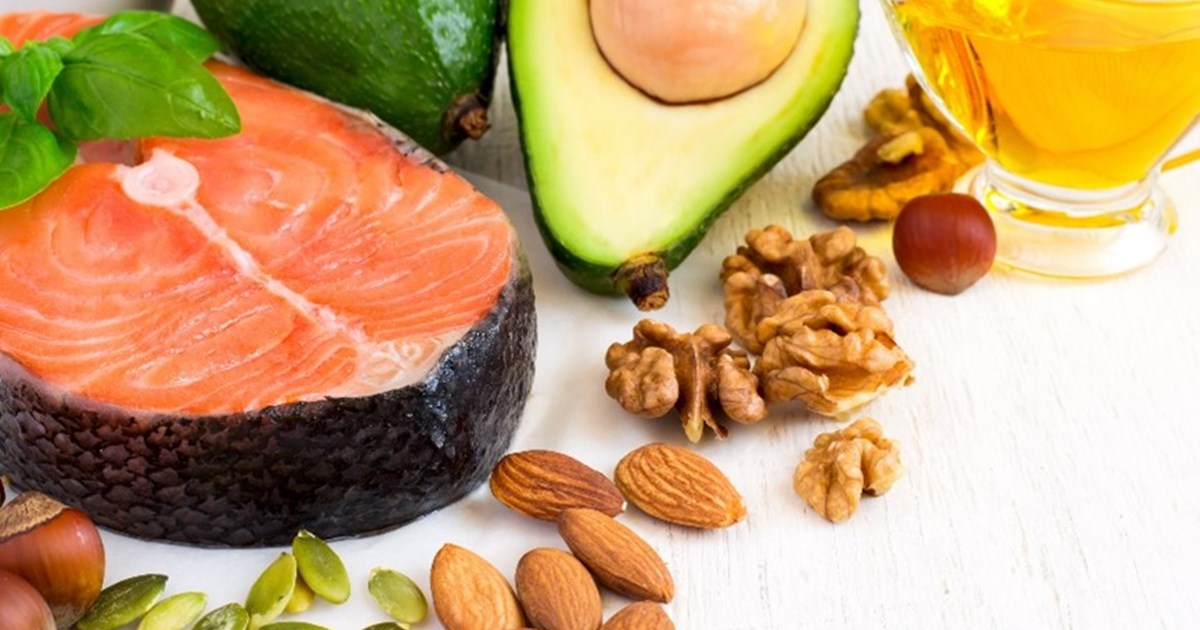Healthy Fats

Along with carbs and proteins, fats make up one-third of the trio of nutrients that satisfy our nutritional needs. Although fats are often viewed negatively, they possess a myriad of essential benefits when incorporated wisely into our diets.
The Role of Healthy Fats
Contrary to the negative stigma surrounding fats, it's crucial to acknowledge the existence of healthy fats and the important role they play in our well-being. Healthy fats contribute significantly to our health, impacting cholesterol levels and serving various vital functions within our bodies.
Cholesterol Management
One of the primary functions of healthy fats is their ability to influence cholesterol levels. High-density lipoprotein (HDL), often referred to as "good" cholesterol, aids in transporting low-density lipoprotein (LDL), or "bad" cholesterol, to the liver for breakdown and elimination. By maintaining a balance between these two types of cholesterol, healthy fats contribute to heart health and reduce the risk of arterial complications.
Benefits of Healthy Fats
-
-
- Give your body energy
- Support cell growth
- Protect your organs
- Keep you warm
- Produce important hormones
- Help your body absorb nutrients
- Improve fat oxidation
- Reduce inflammation
- Stabilize heart rhythms
- Improve brain health/cognitive function
-
Categories of Fats
Understanding the different categories of fats is a must.
-
-
- Unsaturated fats, comprising monounsaturated and polyunsaturated fats, take the lead in providing nutritional benefits.
- Saturated fats, found in both beneficial sources (like lean meats and coconut oil) and less favorable sources (like butter and red meats), require moderation.
- Trans fats are often found in fried foods, processed snacks, baked goods and fast food. Trans fat is absent of nutritional benefits and should be avoided.
-
Below is a chart with examples of healthy fats to include in your diet.
|
Unsaturated Fat |
Saturated Fat |
||
|
· Monounsaturated and Polyunsaturated fats · Healthiest type of fat — the majority of fats you consume should come from these categories (in moderation) · Helps lower LDL and increase HDL · Maintains cells · Helps with fat oxidation · Improves nutrient absorption |
· Consume in moderation · Can raise your LDL if eaten in excess |
||
|
Monounsaturated |
Polyunsaturated |
Healthier Saturated Fats |
Saturated Fats to Avoid/Limit |
|
· Olive oil, peanut oil, canola oil, safflower oil, sesame oil, avocado oil · Avocados · Peanut butter · Nuts and seeds, especially pumpkin and sesame seeds |
· Contains omega-3 and omega-6, which are essential nutrients · Fish: especially salmon, anchovies, herring, mackerel, tuna and sardines · Soybean oil, canola oil, sunflower oil · Nuts and seeds: walnuts, sunflower seeds, flax seeds · Tofu · Soybeans |
· Ghee · Grass-fed butter · Lean meats (e.g., skinless chicken, turkey · Eggs · Coconut oil |
· Red meat/fatty cuts of meat · Cheese · Processed foods · Cakes, cookies, baked goods, pastries |
Remember: The right fats are a vital nutrient for a strong, healthy body. Excluding them completely can be just as regressive for the body as ingesting the bad ones! Utilize what you’ve learned to live a happy, healthy life.
